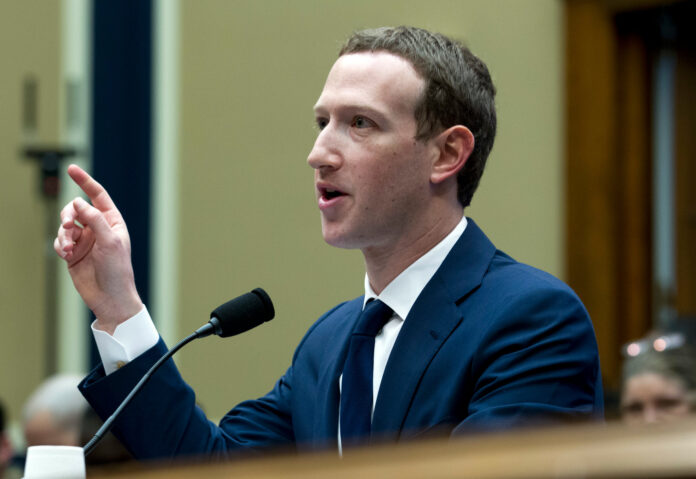Meta CEO Mark Zuckerberg considered spinning off Instagram in 2018 due to growing concerns over potential antitrust scrutiny, according to a document presented during a trial in Washington.
The document, shown on Zuckerberg’s second day of testimony, revealed his contemplation of separating Instagram from Meta, then Facebook, as part of a strategy to address increasing regulatory pressure on big tech companies.
At the time, Meta was considering restructuring its operations and closely linking its apps, but Zuckerberg expressed caution, noting that while consolidation could lead to strong business growth, it could also undermine the value of Facebook. He also warned that regulatory challenges might force Meta to separate Instagram and WhatsApp in the next 5 to 10 years, particularly under a future Democratic administration.
Despite these concerns, Meta ultimately chose not to spin off Instagram and instead proceeded with its integration strategy. The FTC’s lawsuit, filed in 2020, alleges that Meta maintains a monopoly in the social media market, accusing the company of stifling competition through acquisitions like Instagram and WhatsApp.
Zuckerberg’s remarks about the potential benefits of a spinoff, however, suggest he took the threat of antitrust action seriously, acknowledging that the company might perform better if broken up, a sentiment that contrasts with Meta’s current stance against breakups.
Zuckerberg’s testimony also supported the FTC’s argument that Meta used a “buy or bury” strategy to eliminate competition. He admitted that Instagram’s superior camera capabilities played a key role in Meta’s decision to acquire the app, rather than developing a competing product internally.
This admission aligns with the FTC’s claims that Meta acquired Instagram to neutralize a potential rival.
While Meta argues that the FTC’s market definition is flawed and overlooks the competition from platforms like TikTok, YouTube, and Apple’s messaging services, Zuckerberg also acknowledged that many of the company’s efforts to build its own apps had failed. He pointed out that despite numerous attempts to launch new apps, most of them did not gain significant traction, highlighting the challenges Meta faced in replicating Instagram’s success.
























